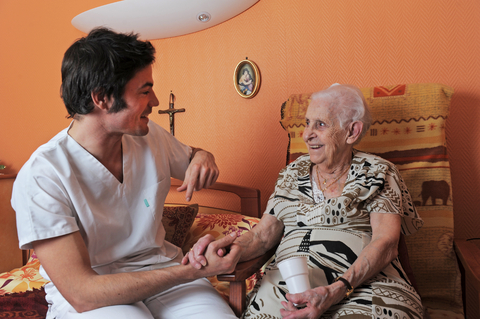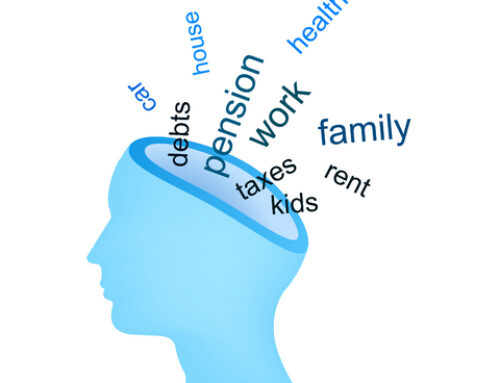How can we call remaining in the present “meditation?”
Is meditation merely a state of non-distraction?
When do you find yourself most present? Most distracted? Whether distracted or present, each moment is an opportunity, an invitation, to meditate. Many people assume that we mediate by finding a cushion or quiet place and then sit, motionless, in a state of calm bliss. But, every moment that we’re awake can also be a moment when we’re aware.
Each Moment is an Invitation to Practice
Each moment that we’re present, whether with our family, friends, or those we care for, is a moment when we can bring our mind to bear on our most compassionate impulse and find ourselves in a meditative state.
Each moment that we find ourselves knee-deep in the cesspool of our own distractions or personal dramas is a moment when we can bring ourselves back, now, to the present. No judgment. No afterthought. No thinking, “where the heck was my mind?”
As a nurse, I would not be who I am—aware of my strengths and weaknesses—were it not for the thousands of patients who I’ve worked with in my career. Each one of these individuals has taught me how to be more mindful and how to care from the wellspring of the heart.
Time and time again, when I’ve been tired or preoccupied, when my mind has been anywhere but on my patient, it has been the human being in front of me who has brought me back to the task at hand, to the ongoing and uninterrupted presence of my own undistracted mind, and to my compassionate heart.
All I’ve needed to do is to see who it is in front of me and focus my presence on them and on their stories, leaving my discursive mind at ease and my own ordinarily distracted mind out of it.
In this way, mindfulness has become a learning process where each moment is an opportunity to train my mind and be present and alert. This learning process has permeated my work atmosphere with its wisdom and clarity.
The meditative mind, the state of meditation is a state of non-distraction. Caring for others, whether a patient, a loved one, or even attending to someone who we meet, is an invitation to meditate. Each moment of undistracted presence while attending to the needs of another is true compassion.
Compassion, as I’ve learned, doesn’t have to be something that we learn how to do as much as something that happens naturally when we lose the distractions of the moment in favor of attending to another.
Let’s give ourselves a real break from the habitual nature of flogging ourselves for our inattentiveness. Let’s give to ourselves the same compassion that we’ve come to expect of ourselves while attending to our patients, to those we care for, or (even?) our loved ones.
Each time that we return our attention to attending to another, let’s give ourselves an inner “high five” for having learned the natural expression of compassion through non-distraction.
What are your biggest challenges to remaining undistracted? Drop me a line, or leave a comment, and let the community of readers know. You may find that your “flavor” of distraction is no different than mine, or any number of readers on this site.






I found this compassion story pretty inspirational ! Sometimes I find being empathetic is taxing. But my take away was. It doesn’t have to be And maybe I just THINK it is. And THAT is what is uncomfortable Eh ?